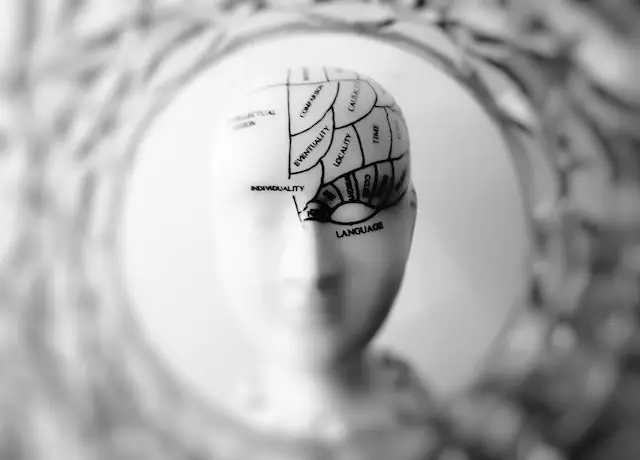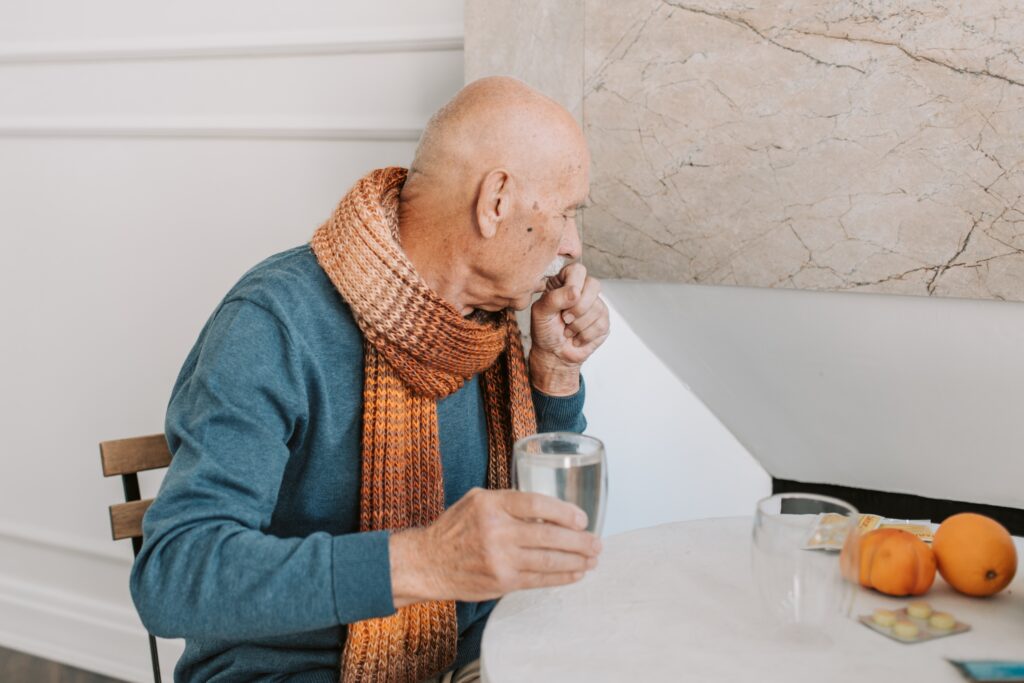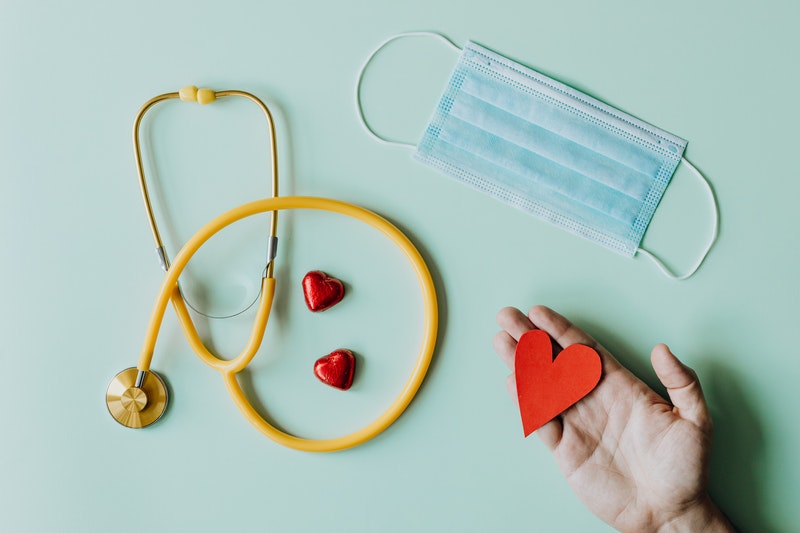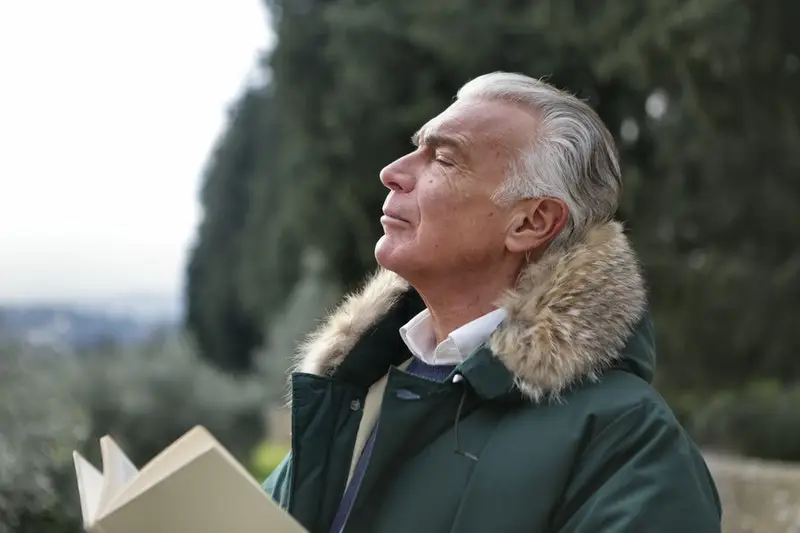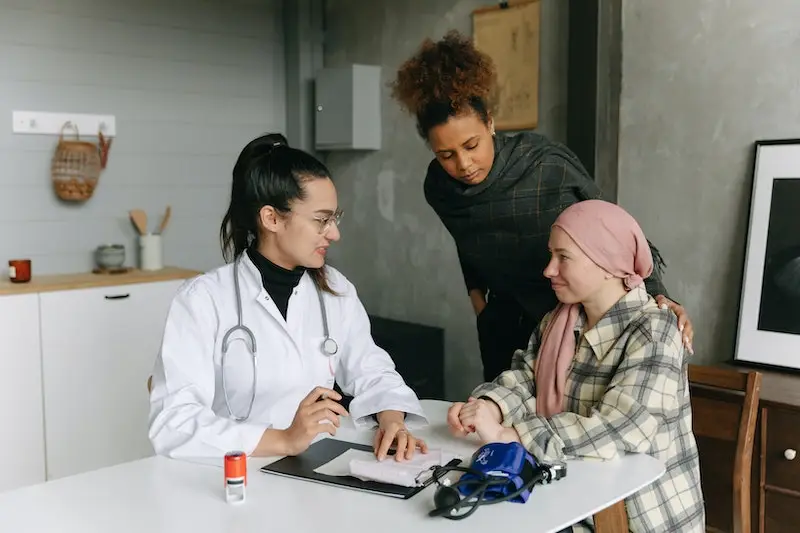What is concussion management?
A concussion is a minor head injury brought on by a bump, hard jolt, or blow to the head. A concussion can affect anyone, including infants and the elderly. The most typical symptom is a headache. The majority of symptoms go away in 14 to 21 days. Each person’s rehabilitation plan is different, but they always include physical and mental rest and a gradual return to activities. In addition to stretching and bruising your brain’s chemical structure, concussions can temporarily impair your ability to think clearly.
Typically, a single concussion doesn’t permanently harm your brain. Your brain may change structurally due to numerous concussions throughout your lifetime. Most concussions do not pose a threat to life. However, concussions can have major side consequences
Symptoms to look out for?
Concussion symptoms can differ depending on the injury’s severity and the victims. It’s untrue that a loss of consciousness always accompanies a concussion. It’s crucial to understand how to spot a concussion. Symptoms of a concussion include the Headache, nausea, vomiting, sluggishness or feeling sleepy, confusion or feeling confused, and dizziness
How to treat concussion
A physical therapist can evaluate your symptoms to see if you have a concussion, then treat your condition by helping you follow a secure, individualized recovery plan.
-
- Physical therapists are experts in movement. They enhance the quality of life by providing direct care, educating patients, and encouraging prescribed activity.
- Recuperation and rest. Your physiotherapist will explain to you, your family, and yourself the benefits of restricting your activities. Your physical therapist will suggest the best rest and recovery regimen based on your situation.
- Regaining power and stamina. Muscle weakness and a decline in physical endurance might occur due to the essential physical and mental recovery following a concussion. Your physical therapist will create a customized schedule of rehabilitative exercises for you.
- Reducing vertigo and enhancing balance. After a concussion, vestibular physical therapy, a type of physical therapy, may be helpful if you experience dizziness or balance issues.
There is minimal proof that cognitive therapy helps people recover from concussion-related symptoms. The routine application of cognitive rehabilitation in treating sport-related concussions can be helpful given the brief duration of signs and symptoms following concussions.
Speech therapists may work in concussion programs, although their techniques hardly resemble those used in conventional speech therapy clinics.
Occupational therapists can frequently assist you in adjusting to your new restrictions and adapting to them so that you can lead the best possible life given the constraints imposed by your injury. Additionally, this service is invaluable in cases of permanent injury.
Concussion Vision Therapy: There are significant differences between the vision therapy you could receive from a regular optometrist and that from a concussion care professional. Normal eye physicians won’t be able to assist you if you’re experiencing visual issues due to a concussion.
Does it get better in the end?
Injury from a concussion is imperceptible. As a result, concussion-related changes in a person’s thinking, feelings, and behavior may not be detected or attributed to other factors. Most people fully recover from a concussion in a few days or weeks. Recovery can, however, occasionally take longer. Those who have already sustained one or more concussions may recover more slowly. Furthermore, non-injury elements such as pain or mental anguish can make recovery more difficult.
Resources
Check out our Resources Section for more information on topics like health, lifestyle, rehabilitation, and many more by clicking here.
